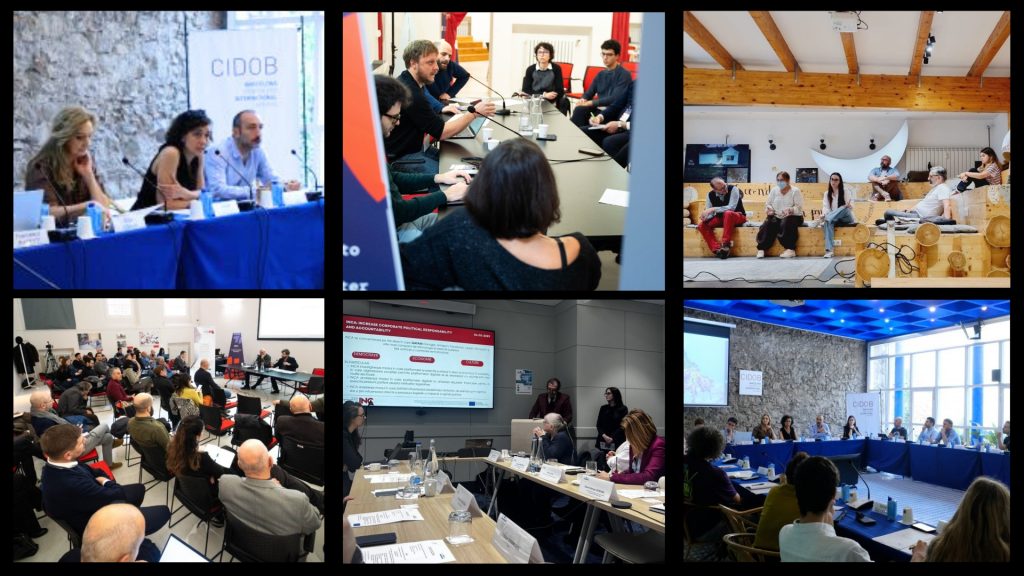
The Core Phase of the Open Innovation Labs (OILs): Co-designing Alternative Ethical and Inclusive Digital Platforms
Since our last update on the INCA Open Innovation Labs (OILs), advancements have been made within the WP 7. After their launch across the three pilot cities – Barcelona, Bologna, and Bucharest, these workshops finally entered the core phase of their activities, developing participatory processes for co-designing ethical and inclusive alternatives to the leading GAFAM platforms (Google, Amazon, Facebook, Apple, and Microsoft). Each pilot city focused on a specific theme: Amazon being analyzed by Barcelona and Bologna, and Facebook, explored in Bucharest.
Barcelona’s OIL examined the transformative effects of large delivery platforms, such as Amazon and Glovo, on urban environments and labor conditions. This was embodied in the collaborative lab “Platform Capitalism, Migrant Workers and Urban Space”, organized by the Barcelona Centre for International Affairs (CIDOB) and the Department of Social Anthropology at the University of Barcelona. Held in June 2025, the workshop addressed three thematic areas: i) Platforms, Inequality and Migration; ii) Platform, the City and Labour; iii) Alternatives and Platform Governance.
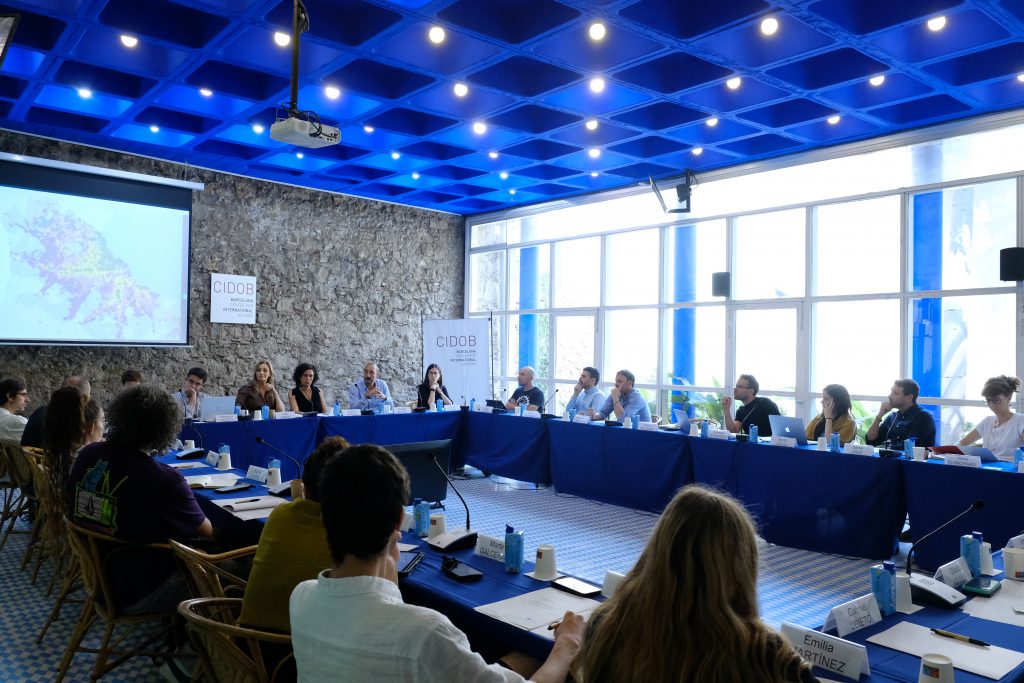
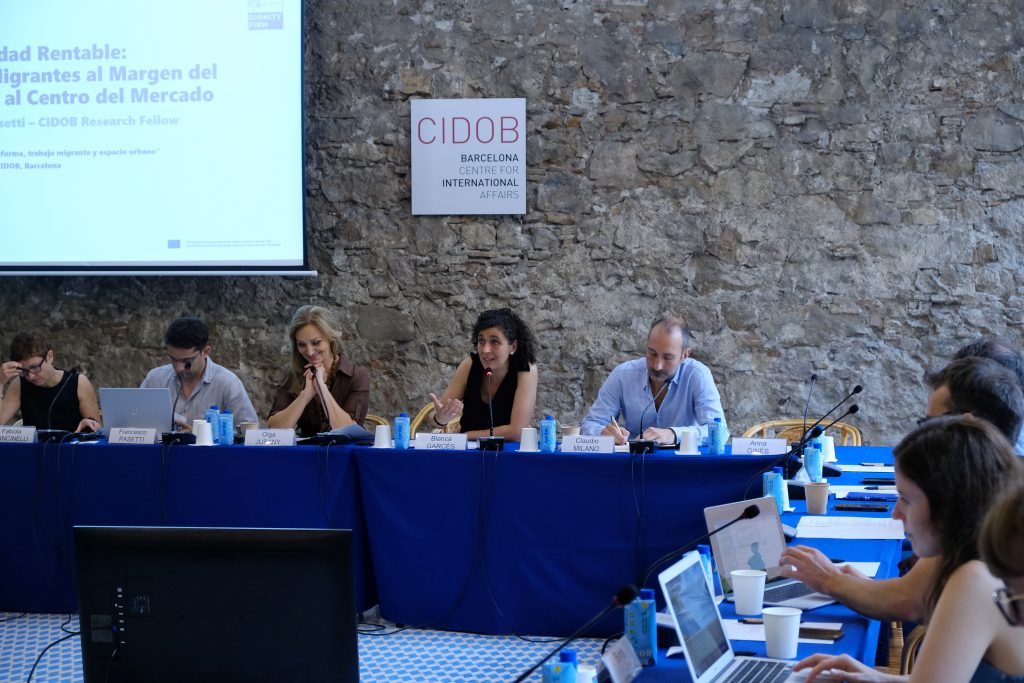
In Bologna, the focus was on Amazon and other delivery platforms (e.g., Deliveroo and Just Eat). Throughout June 2025, three working groups were convened: i) Metropolitan-scale logistics and the role of the public in alternative logistics and enhancing territorial value; ii) Protection and Empowerment of workers; iii) Data Governance. Discussions covered regulatory gaps in labour protections, data governance, and the growing influence of platform logistics on urban mobility and public space.
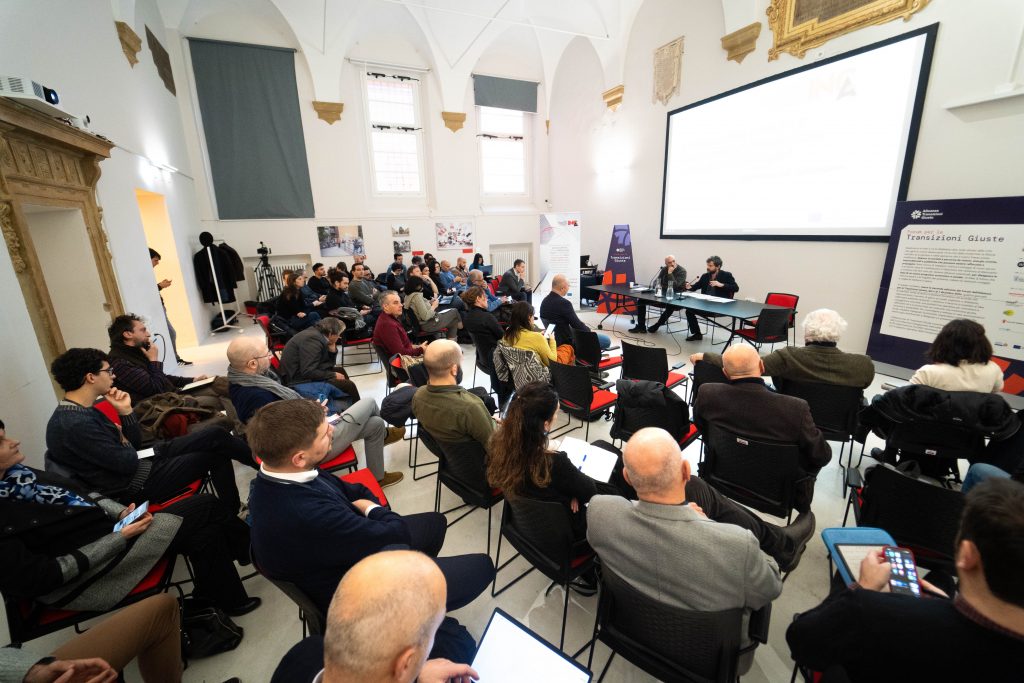
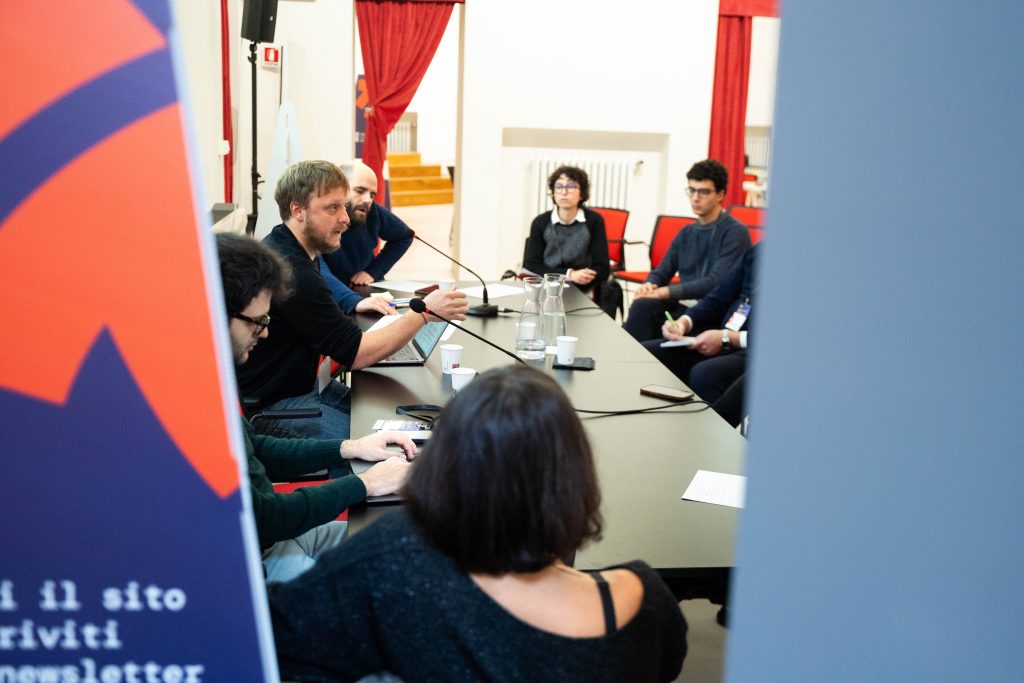
Bucharest’s focus on Facebook was motivated by an ongoing local experiment aimed at developing an ethical, community-based alternative capable of supporting and enabling citizen participation in local projects while fostering dialogue with public administration. Following the launch event in February 2025, in collaboration with the Bucharest-Ilfov Regional Development Agency (ADRBI), a survey was conducted to gather community insights that shaped the activities carried out from the following months until September. These included: an in-person co-creation workshop with the Intercommunal Development Association of the Bucharest Metropolitan Area (ADIZMB), an online workshop for initial validation and feedback, a second validation round, and the final public event presenting the guidelines.
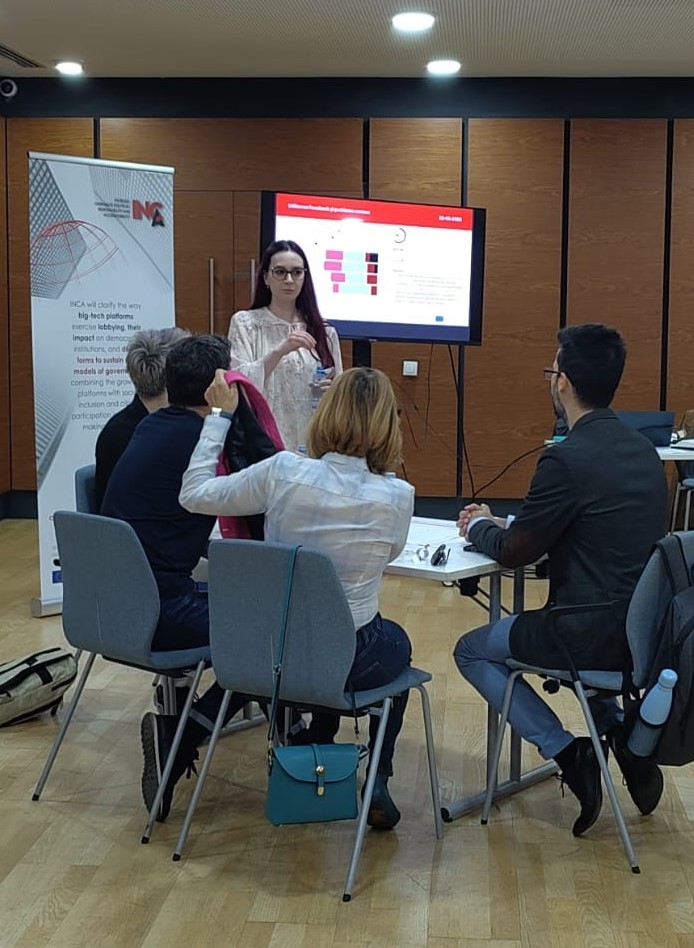
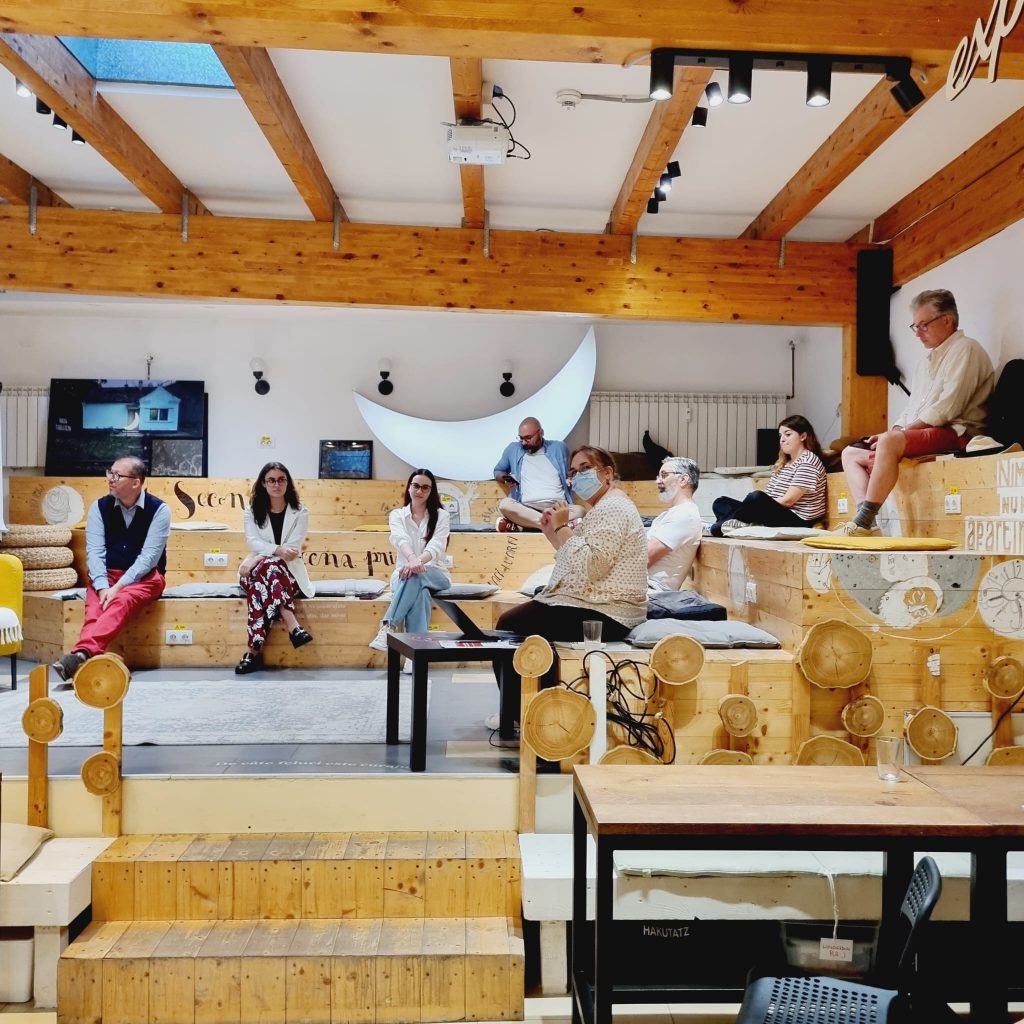
Building on insights from the pilot cities, several cross-cutting challenges and opportunities emerged for the development of ethical digital platforms. Precarious conditions for platform workers highlight the need for stronger protections and fairer work standards. Closely connected to this is the role of regulation and the responsibility of institutions in addressing the power asymmetries between large platforms and users. The urban dimension was also central, as platform economies reshape both physical spaces and the digital commons, influencing mobility, public space usage, and community interaction. Data governance, algorithmic transparency, and the equitable management of digital infrastructures were recurrent topics, alongside the importance of fostering inclusion, visibility, and equity. Finally, cooperative and community-owned models were identified as viable pathways for building democratic, sustainable alternatives to dominant digital infrastructures. All these themes guided the development of the OILs’ outcomes, consisting of a set of policy guidelines ready to be applied and followed in other urban contexts.
As a final moment of this intense work, Bologna will host INCA’s official exhibition, titled Data Materialities, realised in collaboration with the University of Bologna, Fondazione IU Rusconi Ghigi and Big Tech Watch Think Tank, which will be the setting for a program of events and meetings aimed at activating a public conversation on Big Data in the platform era. Born from the “Big Tech and Counter-Technologies” artistic residency last October 2024, Data Materialities is presented as an exhibition that, through works of art and architecture, explores the materiality of techno-capitalism on different scales, raising crucial questions about the spatiality of the digital and the possibility of alternative imaginaries.
Among the events scheduled in Bologna, on October 10th we will present, together with the representatives of the three INCA OILs the results of the OILs and the guidelines formulated during a meeting titled “Participatory design of new digital platforms for the city: guidelines, ethical good practices and alternatives compared” (info and registration via dedicated link). The objective is to bring together concrete local and European experiences with institutions, experts, businesses, and citizens to reflect on the design of ethical, sustainable, and alternative practices to the big tech paradigm, inviting different stakeholders to a discussion on the impacts generated (or that may be generated) for people and cities.
By Fondazione IU Rusconi Ghigi
Share on Facebook Share on Twitter Share on Pinterest